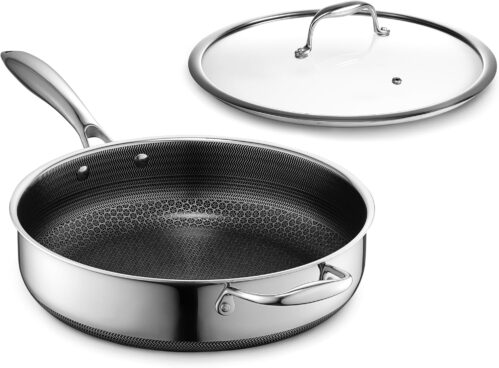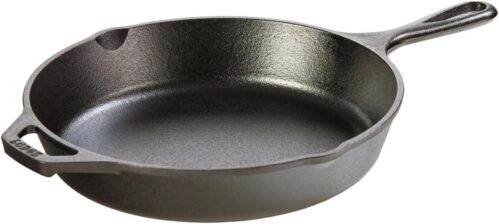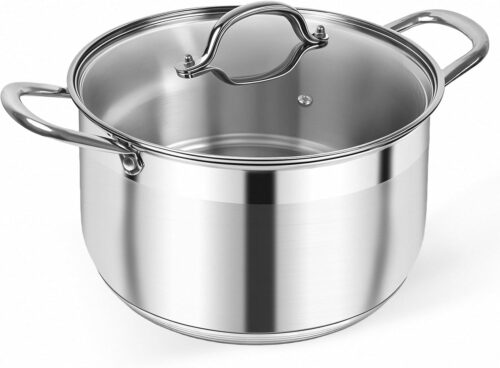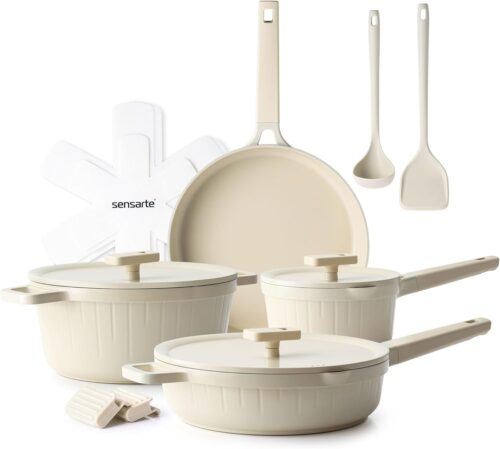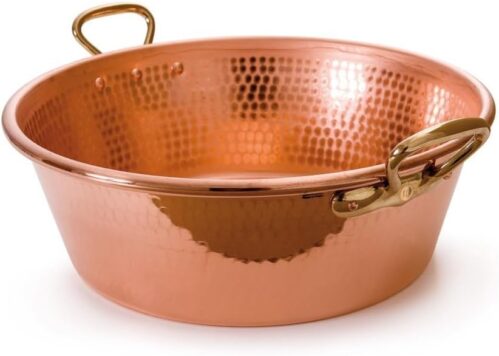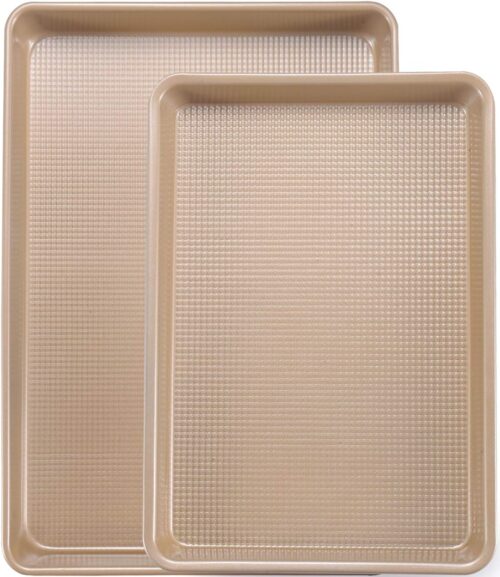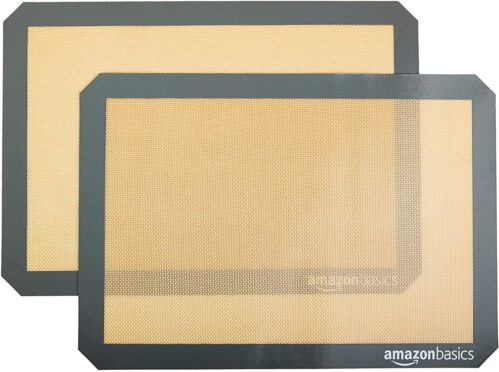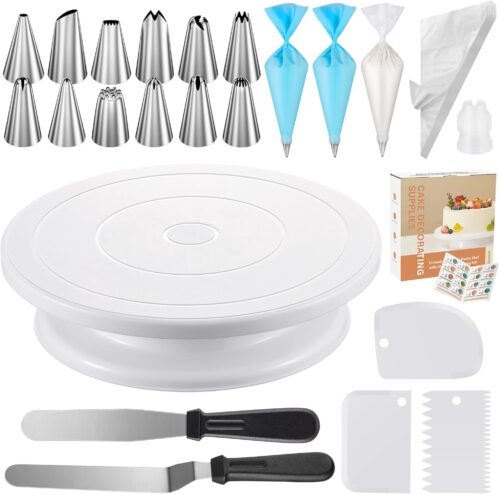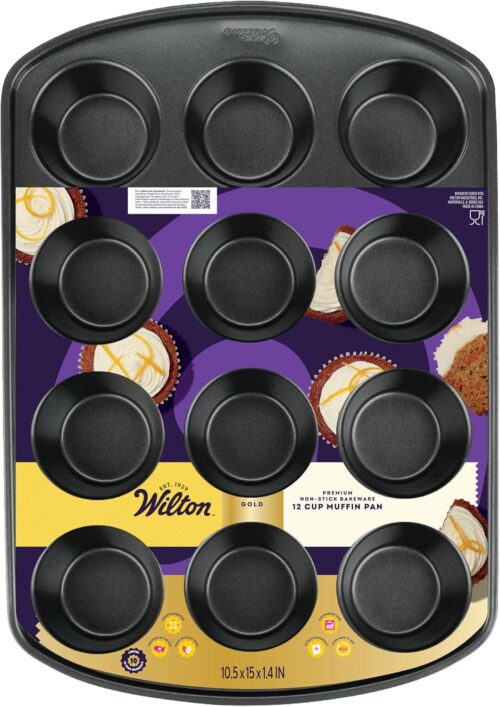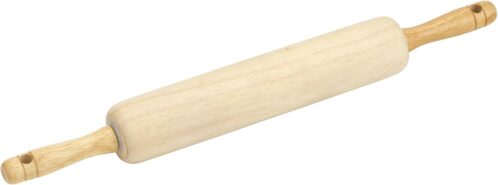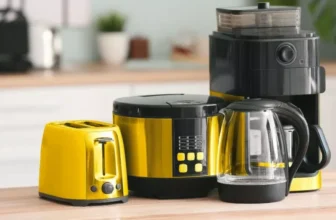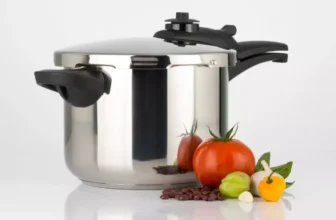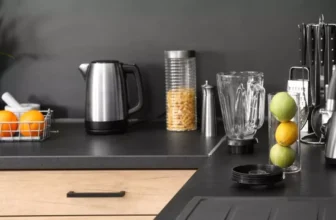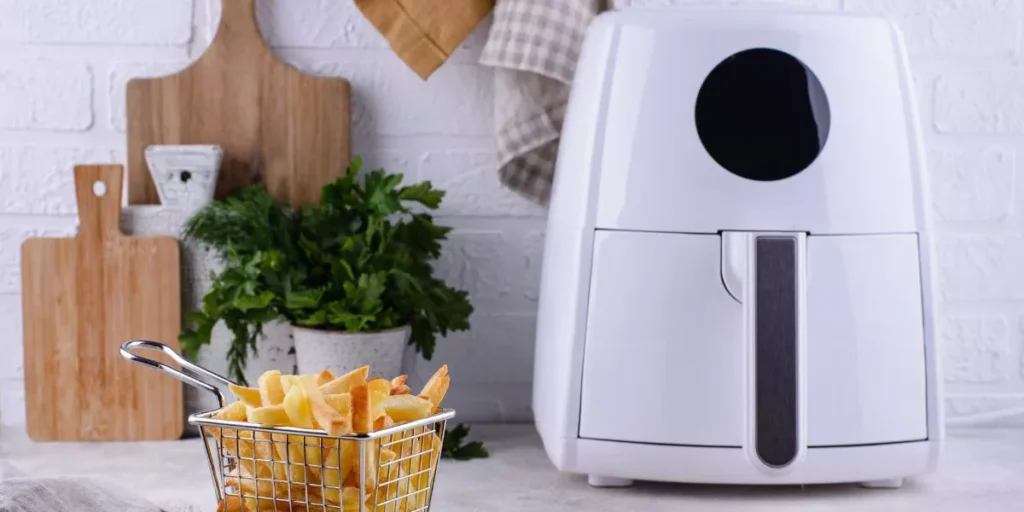
Have you ever wondered how air fryers stack up against traditional ovens in terms of cooking performance and efficiency? The debate between these kitchen appliances often sparks curiosity among culinary enthusiasts looking to enhance their cooking experience. While both devices serve the purpose of baking, roasting, and grilling, each has its unique features that cater to different cooking styles and preferences. Let’s explore the distinct qualities of air fryers and traditional ovens to help you make an informed decision based on your culinary needs and preferences.
Cooking Mechanism Differences
When comparing air fryers to traditional ovens, the cooking mechanism differences play a significant role in determining the cooking outcomes. Air fryers use convection technology that circulates hot air around the food at high speed, creating a crispy outer layer while cooking the inside thoroughly. This rapid air circulation allows for a faster cooking process and helps achieve a similar result to deep frying but with significantly less oil.
On the other hand, traditional ovens use radiant heat that emanates from the top or bottom of the oven cavity. This slower, more indirect heat can result in longer cooking times and may not always produce the same level of crispiness as air fryers. However, traditional ovens excel in recipes that require gentle and consistent heating, making them suitable for baking bread, cakes, and casseroles.
Understanding these cooking mechanism variances can help you choose the appliance that best suits your cooking needs and preferences.
Time and Energy Efficiency
Considering time and energy efficiency, air fryers typically require shorter cooking durations and consume less power compared to traditional ovens. Air fryers use rapid air technology to circulate hot air around the food, resulting in quicker cooking times. This means you can enjoy your favorite crispy snacks in a fraction of the time it would take in a traditional oven.
Moreover, air fryers preheat much faster than ovens, saving you precious minutes when you’re in a rush or just looking to whip up a quick meal. The energy efficiency of air fryers is also noteworthy. They use around 85% less energy than traditional ovens, making them a more environmentally friendly option and potentially saving you money on your electricity bills in the long run.
If you’re conscious about time and energy consumption, an air fryer can be a convenient and economical choice for your cooking needs. The next subtopic will delve into how these efficiency differences might affect the flavor and texture of your dishes.
Flavor and Texture Comparison
To assess the impact of using air fryers versus traditional ovens on the flavor and texture of your dishes, let’s explore how these cooking methods differ.
Air fryers excel in creating a crispy exterior on foods, similar to deep frying, without the need for excessive oil. This results in a crunchier texture that many find appealing. On the other hand, traditional ovens are better at retaining moisture in dishes, making them ideal for recipes that require slow cooking or braising to enhance flavors and tenderness.
When it comes to flavor, air fryers are known for producing dishes with a concentrated taste due to the rapid air circulation that caramelizes the exterior of the food. This can result in a richer flavor profile in a shorter amount of time. Traditional ovens, on the other hand, are favored for their ability to evenly distribute heat, allowing flavors to blend and develop slowly for a more nuanced taste.
Maintenance and Cleaning Considerations
For easier upkeep and cleanliness, regularly wipe down the air fryer basket and tray after each use. This simple practice helps prevent residue buildup and keeps your air fryer in top condition. Additionally, most air fryer baskets and trays are dishwasher safe, making cleaning even more convenient. Remember to check the manufacturer’s instructions for specific cleaning guidelines as some parts may require handwashing.
When it comes to the main unit of the air fryer, wipe the exterior with a damp cloth to remove any splatters or stains. Avoid using harsh abrasives or steel wool that could damage the finish. It’s also essential to periodically clean the heating element to prevent smoke or odors during cooking. Refer to the user manual for guidance on safely cleaning this component.
Regular maintenance not only ensures the longevity of your air fryer but also contributes to better-tasting food. By keeping your air fryer clean, you can continue enjoying delicious and crispy meals with ease.
Trending Products

